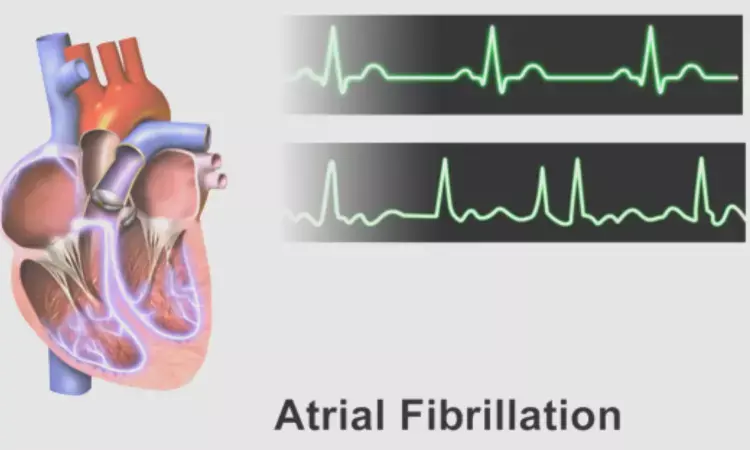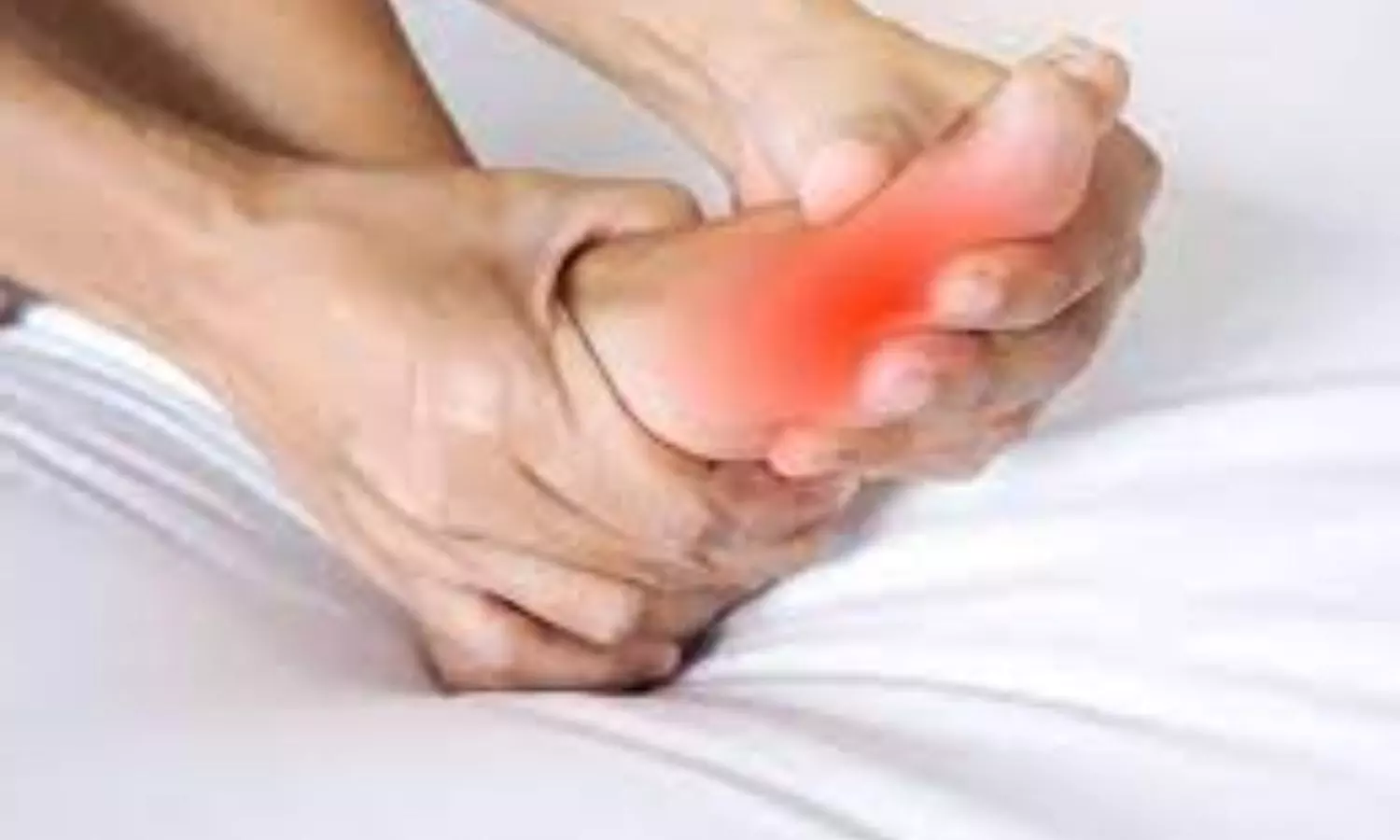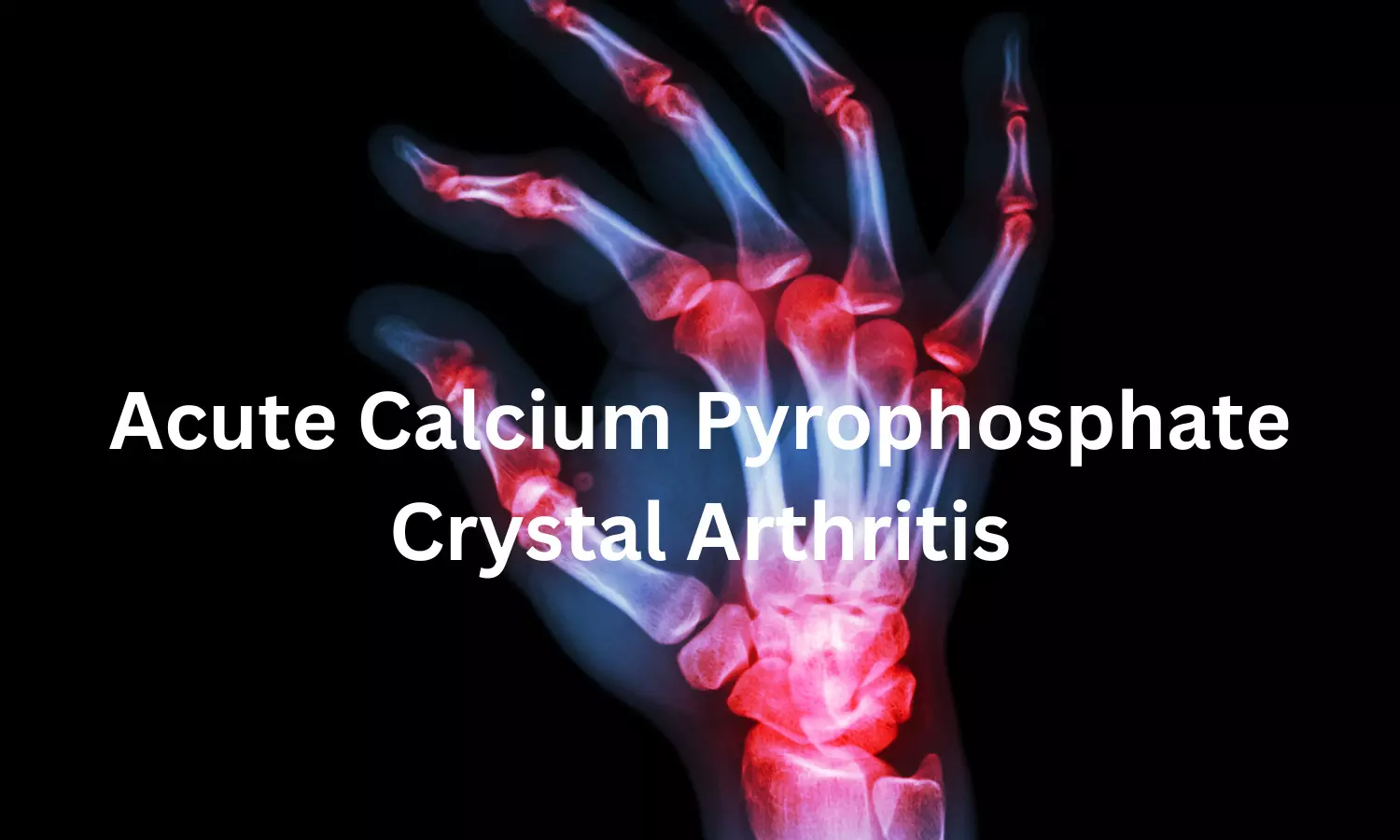- Home
- Medical news & Guidelines
- Anesthesiology
- Cardiology and CTVS
- Critical Care
- Dentistry
- Dermatology
- Diabetes and Endocrinology
- ENT
- Gastroenterology
- Medicine
- Nephrology
- Neurology
- Obstretics-Gynaecology
- Oncology
- Ophthalmology
- Orthopaedics
- Pediatrics-Neonatology
- Psychiatry
- Pulmonology
- Radiology
- Surgery
- Urology
- Laboratory Medicine
- Diet
- Nursing
- Paramedical
- Physiotherapy
- Health news
- Fact Check
- Bone Health Fact Check
- Brain Health Fact Check
- Cancer Related Fact Check
- Child Care Fact Check
- Dental and oral health fact check
- Diabetes and metabolic health fact check
- Diet and Nutrition Fact Check
- Eye and ENT Care Fact Check
- Fitness fact check
- Gut health fact check
- Heart health fact check
- Kidney health fact check
- Medical education fact check
- Men's health fact check
- Respiratory fact check
- Skin and hair care fact check
- Vaccine and Immunization fact check
- Women's health fact check
- AYUSH
- State News
- Andaman and Nicobar Islands
- Andhra Pradesh
- Arunachal Pradesh
- Assam
- Bihar
- Chandigarh
- Chattisgarh
- Dadra and Nagar Haveli
- Daman and Diu
- Delhi
- Goa
- Gujarat
- Haryana
- Himachal Pradesh
- Jammu & Kashmir
- Jharkhand
- Karnataka
- Kerala
- Ladakh
- Lakshadweep
- Madhya Pradesh
- Maharashtra
- Manipur
- Meghalaya
- Mizoram
- Nagaland
- Odisha
- Puducherry
- Punjab
- Rajasthan
- Sikkim
- Tamil Nadu
- Telangana
- Tripura
- Uttar Pradesh
- Uttrakhand
- West Bengal
- Medical Education
- Industry
Colchicine Flops in Reducing AF or Myocardial Injury Following Non-Cardiac Surgery

In a quest to alleviate the risks of perioperative atrial fibrillation and myocardial injury after non-cardiac surgery (MINS), a recent randomized trial named COP-AF investigated the potential benefits of colchicine, an anti-inflammatory drug. The study found that the administration of colchicine in patients undergoing major non-cardiac thoracic surgery did not significantly reduce the incidence of clinically important atrial fibrillation or MINS but increased the risk of non-infectious diarrhea.
The study results were published in the journal The Lancet.
Elevated levels of inflammatory biomarkers have been linked to an elevated risk of perioperative atrial fibrillation and myocardial injury following non-cardiac surgery (MINS). A potential solution to mitigate these complications is the use of colchicine, an anti-inflammatory drug. Hence, researchers conducted a randomized trial to find if colchicine might reduce the incidence of these complications. The study, conducted at 45 sites across 11 countries, enrolled 3209 patients aged 55 or older undergoing major non-cardiac thoracic surgery.
The participants were randomly assigned to receive either oral colchicine (0.5 mg twice daily) or a placebo, starting within four hours before surgery and continuing for 10 days. The trial aimed to assess the impact of colchicine on primary outcomes, including clinically important perioperative atrial fibrillation and MINS during a 14-day follow-up period. Safety outcomes, such as a composite of sepsis or infection, and non-infectious diarrhea, were also scrutinized.
Findings:
- Results from the trial revealed that clinically important atrial fibrillation occurred in 103 (6.4%) of the 1608 patients in the colchicine group, and 120 (7.5%) of the 1601 patients in the placebo group.
- Despite a slightly lower incidence in the colchicine group, the difference was not statistically significant (hazard ratio [HR] 0.85, 95% CI 0.65 to 1.10; p=0.22).
- Similarly, MINS occurred in 18.3% of patients in the colchicine group and 20.3% in the placebo group, with no significant difference between the groups (HR 0.89, 95% CI 0.76 to 1.05; p=0.16).
- The composite outcome of sepsis or infection also showed comparable results between the two groups.
- However, a notable finding emerged regarding safety outcomes. Non-infectious diarrhea was more prevalent in the colchicine group (8.3%) compared to the placebo group (2.4%).
- This increase in mostly benign diarrhea raises questions about the overall risk-benefit profile of colchicine in this context.
While the administration of colchicine did not significantly reduce the incidence of clinically important atrial fibrillation or MINS, these findings underscore the complexity of utilizing anti-inflammatory interventions in the perioperative setting. The study highlights the need for a thorough evaluation of potential risks and benefits associated with such interventions. As researchers continue to explore avenues for optimizing perioperative care, it becomes crucial to strike a balance between mitigating complications and ensuring patient safety. The COP-AF trial contributes valuable insights to this ongoing dialogue, guiding future clinical considerations in non-cardiac thoracic surgeries.
Further reading: Effect of colchicine on perioperative atrial fibrillation and myocardial injury after non-cardiac surgery in patients undergoing major thoracic surgery (COP-AF): an international randomised trial. https://doi.org/10.1016/S0140-6736(23)01689-6
BDS, MDS
Dr.Niharika Harsha B (BDS,MDS) completed her BDS from Govt Dental College, Hyderabad and MDS from Dr.NTR University of health sciences(Now Kaloji Rao University). She has 4 years of private dental practice and worked for 2 years as Consultant Oral Radiologist at a Dental Imaging Centre in Hyderabad. She worked as Research Assistant and scientific writer in the development of Oral Anti cancer screening device with her seniors. She has a deep intriguing wish in writing highly engaging, captivating and informative medical content for a wider audience. She can be contacted at editorial@medicaldialogues.in.
Dr Kamal Kant Kohli-MBBS, DTCD- a chest specialist with more than 30 years of practice and a flair for writing clinical articles, Dr Kamal Kant Kohli joined Medical Dialogues as a Chief Editor of Medical News. Besides writing articles, as an editor, he proofreads and verifies all the medical content published on Medical Dialogues including those coming from journals, studies,medical conferences,guidelines etc. Email: drkohli@medicaldialogues.in. Contact no. 011-43720751




